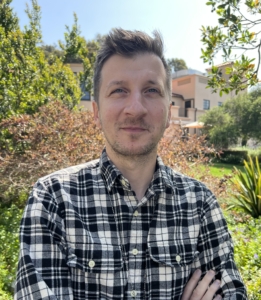Class of Luskin Center Research Fellows for 2023-24
The UCLA Luskin Center for History and Policy is pleased to announce its next class of Luskin Fellows for 2023-2024. The Luskin Center is one of the first institutions of its kind in the nation to bring together in-depth historical research and cutting-edge policy analysis.
The Luskin Research Fellowships for 2023-2024 have been awarded to research teams comprising UCLA faculty, undergraduate and graduate students. Four Research Fellowship teams were selected this year from a pool of very strong candidates. These research teams are awarded funds to conduct collaborative research that will bring historical analysis to bear on specific national and international issues of contemporary relevance. The teams are specifically asked to produce historical research and policy analysis that will aim to solve the contemporary issue they have identified.
The winning teams are:
Kamau Daáood’s Archives: Documenting Black Los Angeles
For well over five decades, Kamau Daáood’s work as a community artist, performer, educator, and activist, has strived to nurture the community he comes from through the arts. The project works on comprehensively organizing and cataloging his archives, materials he has been collecting throughout his life, which reflect the Black artistic communities he has been part of. Through a community archive-building approach, this project documents Black Los Angeles arts, culture, and activism from the mid-1960s to the present day.
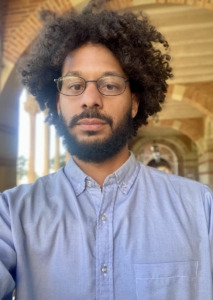
Samuel Lamontagne
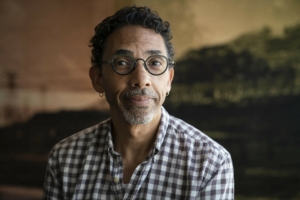
Robin D. G. Kelley
The Evolution of the Fairfax District: Exploring the Origins, Changes, and Impact on the Jewish Community in Los Angeles
This project focuses on the origins and evolutions of the Fairfax district in Los Angeles, examining its impacts on the Jewish community’s presence in the neighborhood. Historical and contemporary understanding of the district as a center of Jewish life can reveal how policy contributes to demographic change.
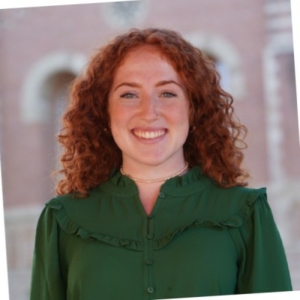
Stephanie Zager
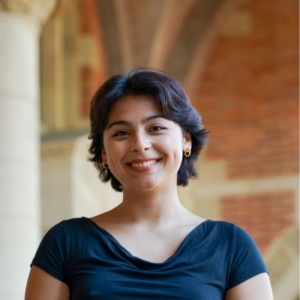
Michaela Esposito
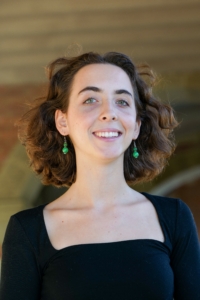
Ella Kitt
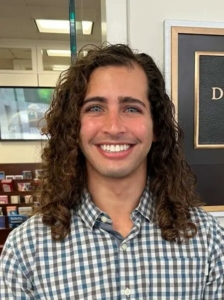
Benjamin Kersten
How Soviet Prison Subculture Shapes the Russian Political Landscape
Examining Russia’s “special military operation” in Ukraine, this project highlights a unique societal attitude that can be traced back to the deep-seated history of prison and criminal culture in Russia. To understand this phenomenon, the project’s research will focus on writings from former prisoners, emphasizing the country’s literary tradition as a medium that shapes its collective history, spanning from the early Soviet era to the present.
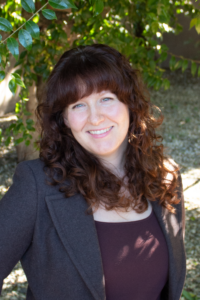
Lydia Roberts
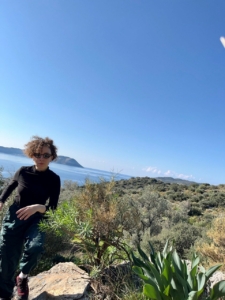
Marianna Petiaskina
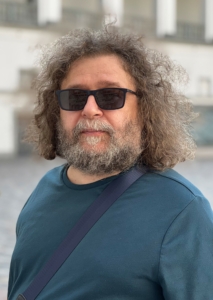
Igor Pilshchikov
Defining the Role of Indigenous Nomadic Groups in Egyptian Policy-Making
This project explores the history of the interactions between the desert nomadic communities and settled communities in the Nile Valley in Egypt, and the state’s policies in shaping and regulating those interactions through a deep-time approach, stretching from the Late Bronze Age through the Modern Period. The project strives to highlight possible avenues of cooperation in order to suggest policies that rely on inclusion, sustainability, and mutually beneficial endeavors.
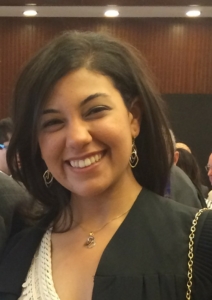
Maryan Ragheb
